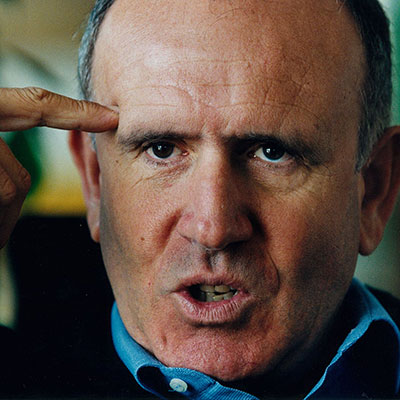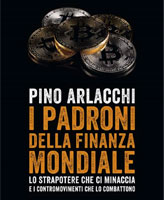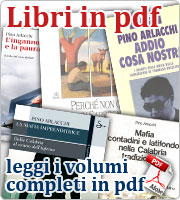Brussels, march 10 (Reuters)
By David Brunnstrom
Tens of billions of dollars of aid for Afghanistan never reaches those who need it due to corruption, waste and withholding of funds by foreign governments and international organisations, a senior EU parliamentarian said on Wednesday.
Pino Arlacchi, an Italian Liberal member of the European Parliament who was formerly a senior U.N. official and is an expert on organised crime, said the bulk of the corruption and waste involved U.S. entitites.
Arlacchi estimated 70-80 percent of the $34 billion in aid supposed to go to Afghanistan via international organisations in the past eight years never reached the Afghan people.
He said he had not been surprised to hear on a visit to Afghanistan last week, where he met President Hamid Karzai, senior Afghan officials and U.S. military commanders, that there was a high level of corruption when it came to aid channelled through the Afghan government.
"I was surprised that there was also a high level of corruption on the international aid going to Afghanistan, which we felt was completely intolerable," he told a news briefing at the European Parliament in Strasbourg.
Arlacchi has been asked by the parliament to report to its budget control committee on a new European Union assistance strategy for Afghanistan.
He said the vast bulk of the $34 billion of aid channelled through international organisations had been "clawed back ... by the donor countries, or got lost in waste and corruption."
He said schools built by U.N. agencies or USAID, the main U.S. government aid agency, cost three to 10 times more than those built by the Italian contingent of the NATO military force in Afghanistan and Italian aid agencies. USAID had no immediate comment.
"There are big factors, such as corruption pure and simple, and waste," he said, adding though that it was difficult to draw a clear line between the two in public contracts and procurements going primarily to U.S. companies.
"Eighty percent of American aid is channelled through five big contractors, which has the effect of bumping up prices."
"STRATOSPHERIC, EYE-WATERING AMOUNTS"
"Contractors can be paid stratospheric, eye-watering amounts -- $300,000 per annum -- (when) one does not know exactly what they are up to, or they can have fictitious invoices for work that has never been done."
Arlacchi said that while two big U.N. procurement scandals had been exposed, "there has been a kind of dynamic in which this (problem) has been hushed up", as most information had to come from international organisations themselves.
Karzai said on Monday he would announce new anti-corruption decrees soon and that Western countries should do more to clean up their own aid contracts. U.S. Defense Secretary Robert Gates told a joint news briefing with Karzai that Washington needed to take better steps to oversee billions of dollars in contracts.
Mark Sedwill, the NATO civilian representative in Kabul, told Reuters worldwide studies showed that if aid did not go through recipient government systems, only about 20 percent actually reached people who needed it.
"If it goes through government systems that number's about 70 plus," he said. "It's a significant problem. We do need to review our contracting processes, there's no question."
Arlacchi said he backed a proposal from the London conference on Afghanistan in January that at least 50 percent of aid should go through the Afghan government as part of efforts to boost governance and reduce support for Taliban insurgents.





 Non sono una persona complicata. La mia vita pubblica ruota intorno a due cose: il tentativo di capire ciò che mi circonda, da sociologo, e il tentativo di costruire un mondo più decente, da intellettuale e militante politico.
Non sono una persona complicata. La mia vita pubblica ruota intorno a due cose: il tentativo di capire ciò che mi circonda, da sociologo, e il tentativo di costruire un mondo più decente, da intellettuale e militante politico.




